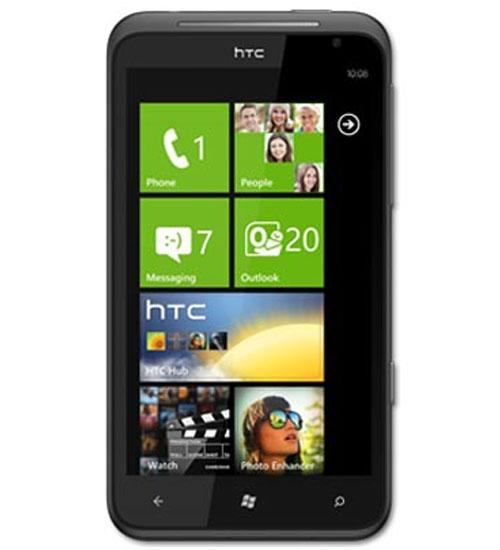
Have you ever noticed that something can become “standard” out of nowhere? A feature or a piece of technology in our phones, seemingly out of the blue, is now the benchmark for phones going forward. While I know some people out there who completely love front-facing cameras, the majority of folks I talk to, and hear from, absolutely can’t stand them. These folks see no point to them, and while I would probably say that this is the way that the majority of folks out there feel, we still see FFCs all over the place. They’re a standard now, and there doesn’t seem to be getting away from it. Maybe dual-core processors didn’t come completely out of the blue, but there is that standard now, and this new specification is exactly what people expect in phones moving forward. But, is it getting out of hand?
Yesterday Sydney did her live show at the PhoneDog Ustream channel, and I got a chance to catch the beginning of it. She touched on a subject that I’ve been thinking about for a while now, and that’s dual-core processors. She did a great job of pointing out that Android has made this a standard and not any other platform. If it weren’t for Android, dual-core processors probably wouldn’t be the star of the show as they are now. She added to that perfectly poignant point by saying that Android needs a dual-core processor in this stage of the game to actually run well. And, as we’ve already discussed, lag is something we all can’t stand.
In truth, Sydney is absolutely correct. Android does need a dual-core processor to run well. In fact, even with processors that are clocked at one GHz or higher that aren’t dual-core, we can see significant performance drawbacks. There are exceptions to every rule, of course, but the reason dual-core processors are the standard for Android phones (high-end Android phones, anyway) now isn’t a fluke. It’s absolutely necessary. And that’s perfectly fine. No one is going to say that a dual-core processor is a bad thing (unless you’re running Android 2.2), but it seems to me that the “standard” is causing people to get out of hand.
We can see mobile OS loyalists out there decrying Windows Phone because the platform doesn’t have any comparable hardware, not when it comes to Android. We’ve got devices like the HTC Titan, with its 4.7-inch Super LCD touchscreen. Under the hood there’s a 1.5GHz processor. Nope, no dual-core. And no, there’s no 1GB of RAM, but only 512MB. Can someone tell me how that doesn’t compare to an Android device? Sure, it doesn’t have the same 1GB of RAM as, say, the Samsung Galaxy Nexus, but the Titan has a bigger display compared to 4.65-inches. (To me the difference in screen sizes is negligible, but there are people out there who would point it out, so I felt it necessary.) And the Galaxy Nexus’ 1.2GHz dual-core processor is fantastic and all, but the Titan’s 1.5GHz processor isn’t something to ignore.
“But it isn’t dual-core, Evan!” So what? If you’ve ever used Windows Phone, then you know beyond a shadow of a doubt that Windows Phone doesn’t need a dual-core processor. In fact, it would probably be overkill. The way that Windows Phone is designed isn’t the same way that Android is designed, and that should be obvious. Android needs dual-core and quad-core processors, but Windows Phone doesn’t. Do other platforms, like BlackBerry OS (or even BBX)? Yeah, probably – so hopefully we’ll see that at some point in the future. But Windows Phone? Nope.
And that’s why I think this is getting out of hand. The loyalists out there, the ones that decry Windows Phone because it doesn’t have dual-core high-end devices right now, or will have them very soon, are wasting their breath. A 1.5GHz processor is plenty fine for Windows Phone, and it certainly makes it a high-end device. Now, just bump up that RAM and there’s no reason that anyone who picks up that phone shouldn’t be perfectly content.
Where do you stand on the dual-core phenomenon? And do you think it’s going to get worse as our phones get more advanced, and we see even faster processors? Let me know in the comments below.